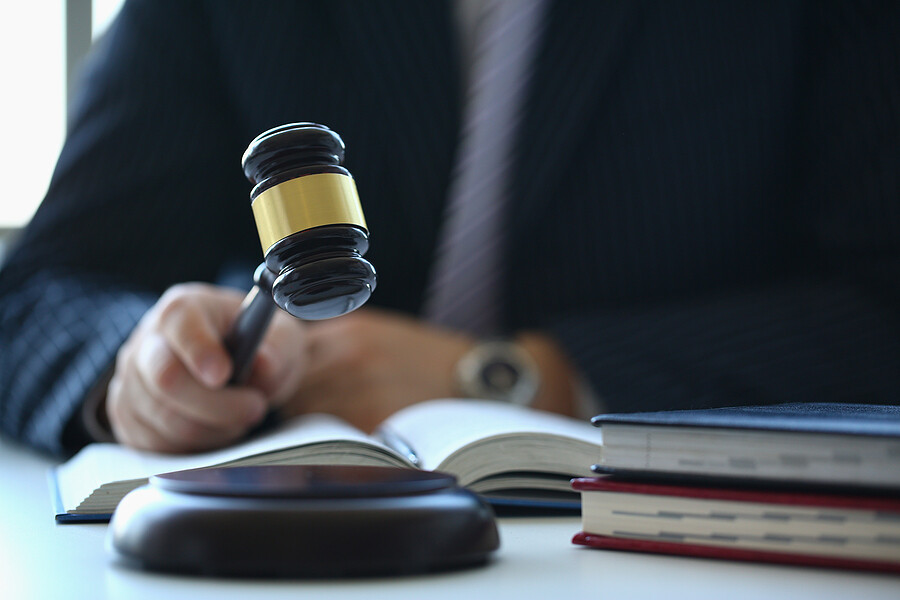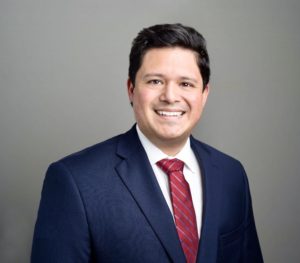A driver’s license is more than a convenience; it symbolizes independence, provides proof of identity, and serves as a possible requirement for financial and occupational situations.
A universally accepted form of identification enables us to write checks, use credit cards, board airplanes, and apply for government benefits. Having one’s license suspended has social and economic implications that can last months, possibly years.
A person can receive a driver’s license suspension notice, otherwise known as an Administrative License Revocation, if they caused an injury while driving without insurance, are pulled over for suspected driving while intoxicated, or if they refused a breath test.
When arrested, you receive a DIC-25 which is a temporary license. A DMV hearing is a chance to mitigate the consequences of your circumstances and regain your driving privileges. Your hearing will not happen automatically. You or your lawyer must request a hearing within 15 days of the incident to advocate for your driver’s license.
Everything Is a Process
While every case is unique, the DMV hearing is a consistent and straightforward process. The Texas Department Of Public Safety can answer some of your questions about your DMV proceeding. To answer all of them, you need legal representation.
The Department of Public Safety will suspend your license if you do nothing, and without someone knowledgeable of the legal proceedings by your side, you do not have a strong chance of winning. An attorney knows the ins and outs, the time constraints involved, and the documentation needed for a DMV hearing. For example, once the hearing is requested and approved, the time and location will be set by the State Office of Administrative Hearings.
A defense lawyer can help you get a continuance if the set date does not work for you. In addition, legal counsel is a valuable asset in applying for an Occupational License that allows you to maintain employment, continue certain family obligations, and keep current with your health care issues during a suspension. In a recent publication, the National Institute Of Health explains the concerns and consequences of driver’s license suspensions preventing those in need from seeking medical care.
Where Do These in-Person Hearings Take Place?
Hearings take place in various locations, often in a local county courthouse. Your notice lists the exact location. You may request a video hearing. Seek the advice of a criminal defense lawyer to determine whether an in-person or video hearing is best for you.
Who Will Attend the Hearing?
An administrative law judge (ALJ) oversees the hearing process and renders their decision based on evidence provided by a lawyer representing the Department Of Public Safety and a lawyer for the driver (or the driver alone).
This process is not a criminal trial, so the concept of “beyond a reasonable doubt” becomes “by a preponderance of the evidence.” A trained litigator understands the implications of each standard of proof and can help you navigate this process.
Who Should Attend the Hearing?
Anyone who saw the initial arrest and the admission of any field sobriety tests may be present at the hearing. This includes the arresting officer, although they are not required. To ensure their presence, you may request the court issue a subpoena.
All evidence from the initial scene should be available (police report, video camera footage, tapes of the 911 call, footage filmed by witnesses, the witness themselves), and a lawyer knows how to request these. The presiding judge will answer your questions during the hearing, but cannot give you legal advice. A lawyer can assist you throughout the hearing so you understand what is happening.
Time Frame
The DMV hearing process does not have a set timeframe. If you do not make a hearing request within the mandated 15-day time limit, it is over, and the DMV suspends your license.
Once the DMV grants a hearing request, scheduling can take up to 120 days before you have your hearing.
The presiding administrative judge will not decide your fate at the hearing. They usually send notifications by mail in a few days. You can appeal an unfavorable decision with a prompt, competent lawyer.
What Else Can You Expect?
There will be an audio recording of the entire procedure. You, or your attorney, will have the opportunity to ask questions, but you will also answer some questions. You, or your attorney, can make an opening statement, present evidence, and make a closing statement to the judge for why they should not suspend your driving privileges.
A criminal defense lawyer can help you achieve the best possible solution based on your case.


